
OR
PM Dahal to lead Nepal’s agenda at COP 28 for climate action
Published On: November 22, 2023 08:00 AM NPT By: Republica | @RepublicaNepal

KATHMANDU, Nov 22: Prime Minister Pushpa Kamal Dahal warned that if we could not stop global rise in temperature, there could be a serious and adverse impact on the prospects of climate resilient development in developing countries like Nepal.
Addressing the national conference on climate change on Tuesday, PM Dahal warned that there could be a rise in the cases of climate change-induced disasters, food security and scarcity of potable water.
The national conference was organized to form a common viewpoint on the position paper to be prepared by Nepal and presented in the upcoming global climate change conference.
The conference was organized by the Ministry of Forests and Environment.
A team led by PM Dahal is leaving for the United Arab Emirates (UAE) to participate in the 28th Conference of the Parties (COP-28) to the United Nations Framework Convention on Climate Change (UNFCCC) scheduled to run from November 30 to December 12 in Dubai, UAE.
During the COP28, Nepal will eloquently lobby the rich and developed countries of the world to fulfill their commitments to limit the increase in global temperature, pledged PM Dahal.
"Nepal would also put forth the country’s claim on climate action as well as speedy and full implementation of the agreement to provide the climate financing as grant for climate adaptation and resilience," he assured.
Stating that Nepal is highly vulnerable to climate change impacts, PM Dahal said, "We are facing multifaceted challenges induced by changing climate. The time table, nature and quantity of monsoon rain are massively changing, the temperature of the atmosphere is rising and natural disasters are increasing among others."
The Head of the Government further shed light on the climate change related challenges faced by Nepal saying, "The glaciers are melting and exploding, landslides and dry droughts are increasing in hill areas and incidents of floods are rampant in the Terai region. Due to global warming, two-thirds of the glaciers of the mountains in our region are melting."
Scientists, in a study Hindu Kush Himalaya Assessment, have warned that two-third of Himalayan glaciers, the world's Third Pole, could melt by 2100 if global emissions are not reduced or controlled timely.
PM Dahal stated that impoverished families, small time farmers, marginalized ethnic communities, women, children, elderly people and physically-challenged ones were most vulnerable to the impacts of climate change.
He further asserted that climate change had massively impacted thematic areas such as agriculture, hydro resources and tourism as well as food security, health, water supply, means of livelihood and security sectors that contribute to the national economy.
According to him, due to the decline in the socio-economic sector, increasing health and food security problems, there was a likelihood of an increase in the climate crisis and risks in future.
Nepal, in its capacity as a state party to the UNFCCC, is participating in the dialogue process of the states parties.
PM Dahal said that dialogue is continuously taking place with the international community on challenges of climate change and opportunities via various forums, stating that COP-28 is approaching as both a challenge and an important opportunity to make this dialogue more richer and result-oriented.
PM Dahal said the National Climate Change Policy 2076, the Environment Conservation Act 2076 and Regulations 2077, the National Framework on Local Adaptation Plan of Action 2076, the Climate Resilience Plan and Budget Formulation Directive 2077 and the Climate Change Related Gender and Social Inclusion Strategy and Action Plan 2077/2078 have been formulated and implemented.
"The National Adaptation Plan 2021-2050 and the Nationally Determined Contribution in line with the Paris Agreement will make us further stronger. The leadership of the federal, provincial and local levels and the support and collaboration of development partners and stakeholder agencies are needed for implementing the national policy, plans and programmes on climate change adaptation and mitigation that we have prepared to fight the climate change effects and impact," he asserted.
The PM also called on the national and international organizations to focus their cooperation towards the programmes contained in the National Adaptation Plan and the Nationally Determined Contribution Implementation Plan that have been prepared by including our needs and priorities.
He mentioned that Nepal drew the attention of the world community through the 78th UNGA held this year to provide climate financing as climate justice to Nepal and the LDCs.
Likewise, PM Dahal said that in his upcoming address at COP28, he plans to address significant issues such as climate finance, adaptation, transfer of mountaineering technology and capacity building, loss and damage, and climate empowerment. These issues, crucial to Nepal's sustainable development and environmental preservation, deserve attention and action on the global stage.
"The recent visit of UN Secretary General Antonio Guterres to the Khumbu region serves as a poignant reminder of the urgent need to address climate change issues faced by Nepal. Guterres's inspection of the impacts of climate change and interactions with local communities contribute significantly to globalizing the problems faced by this region. It amplifies Nepal's call for recognition and support in the international community's efforts to combat climate change," he added.
Prime Minister Dahal also reflected on his address at the 76th United Nations General Assembly in New York, where he highlighted the profound impacts of climate change in Nepal. This reiteration underscores the government's dedication to addressing climate-related challenges and implementing initiatives for the development of tourism infrastructure in vulnerable regions such as Khumbu.
"There is a need for changing the structural system to incorporate the financial grants provided for the promotion of adaptability, upliftment and loss and damage concept in the government budgetary system in line with the national interests of Nepal, but not in the interests of superpower nations and donors," said the PM. Such grants Nepal receives as climate justice have not been mobilized in the national interests as they have directly gone to the hands of social organizations, and individuals, which they spend as per their own interests, being excluded from the government's regulatory system, he said.
Initiatives would be taken in receiving such grants directly to the state fund by stopping the practice of distributing and spending them randomly, he said.
Stressing the need for drawing the global attention to identify and address problems of Himalayan nations, the PM clarified that Nepal would strategically raise the problems faced by the Himalayan nations, and take the leadership to make a strategy for cooperation.
Maintaining that Nepal needs USD 21 billion for the implementation of adaptation priorities by 2030, he emphasized the need for Nepal to lay the claim in a factual manner for the country's easy access to the established adaptation fund.
Least developed countries like Nepal should strongly advocate to simplify the application process for their access to the green climate fund and other funds, remove capacity barriers and improve direct access to the climate fund, said the PM.
"There is a challenge to bring in benefits from the international climate finance mechanism. On the other hand, there is a need to focus on investing in concrete programmes and activities while effectively mobilizing climate finance within the country and reaching out to the affected areas and communities."
RSS
You May Like This

PM Dahal to leave for UAE to take part in COP 28 on Wednesday
KATHMANDU, Nov 28: Prime Minister Pushpa Kamal Dahal is set to leave on November 29 to participate in the 28th... Read More...
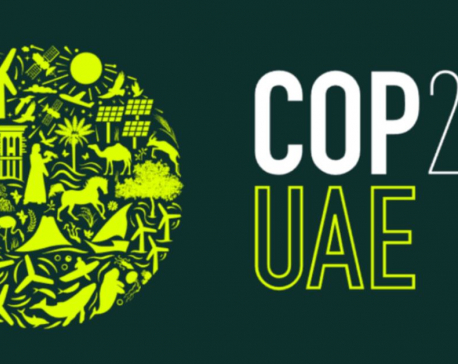
CSOs urge govt to work towards ensuring climate justice for Nepal COP-28
KATHMANDU, Nov 21: Civil Society Organizations (CSOs) have urged the government to work towards ensuring climate justice for Nepal at... Read More...
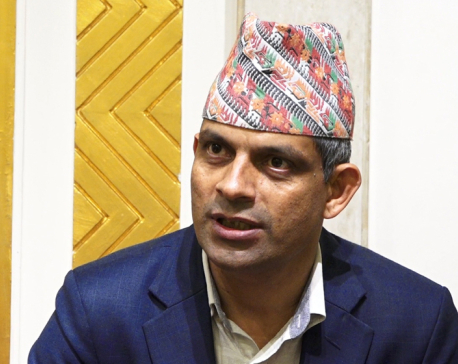
What is Nepal’s agenda for COP 28?
KATHMANDU, Nov 16: The government has said that the upcoming global climate change conference will be used as an opportunity. Read More...
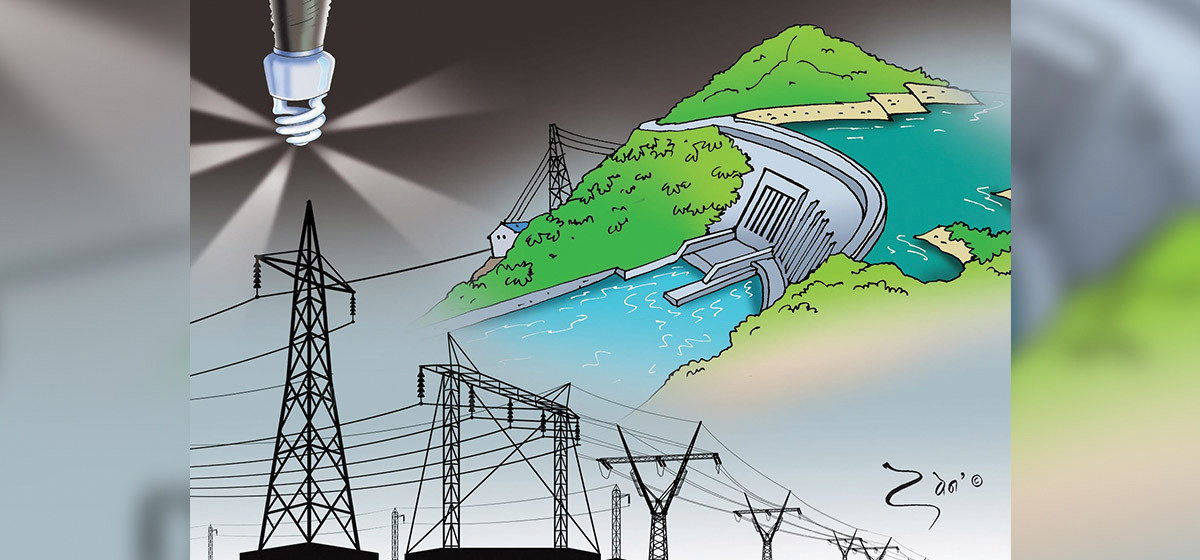
-1200x560-wm_20240503161056.jpg)
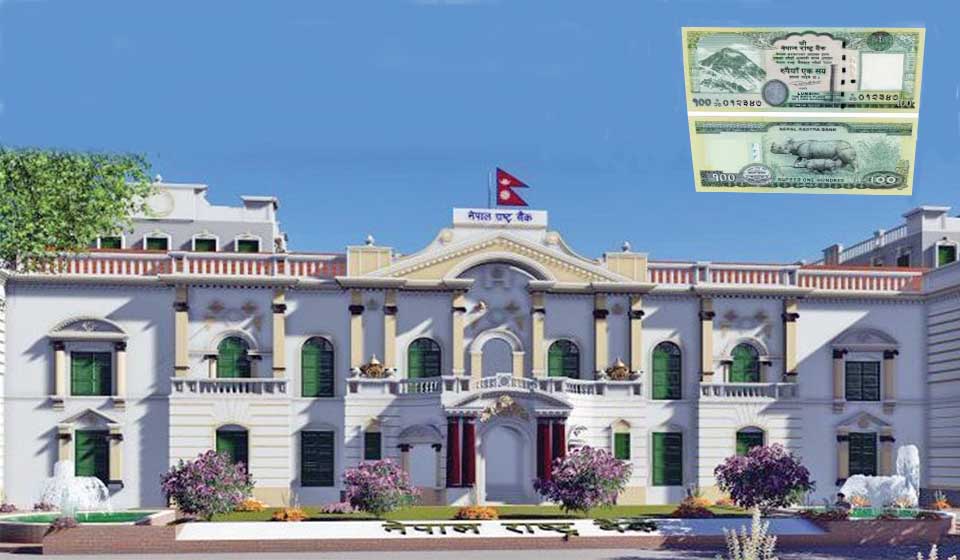
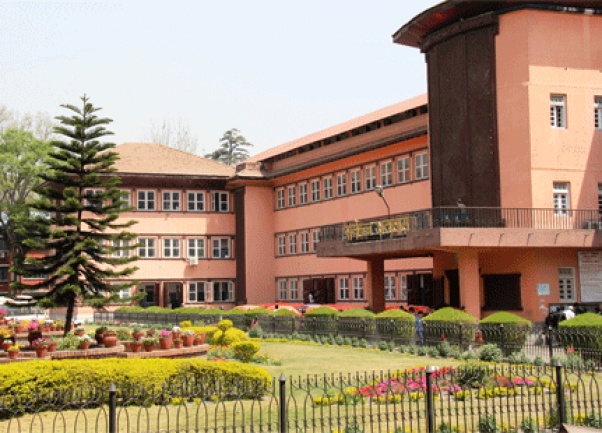
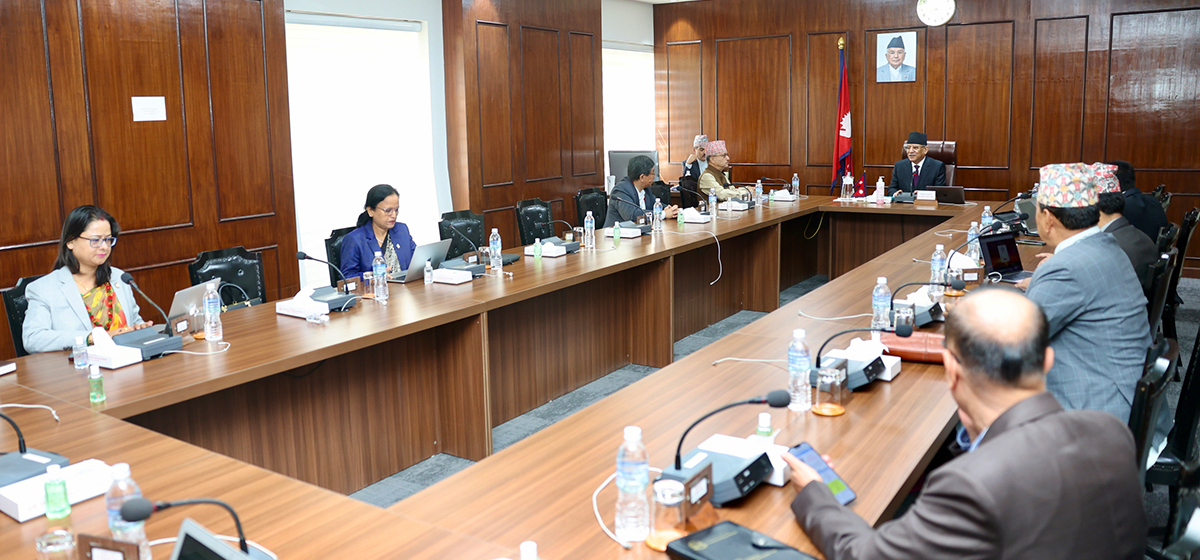
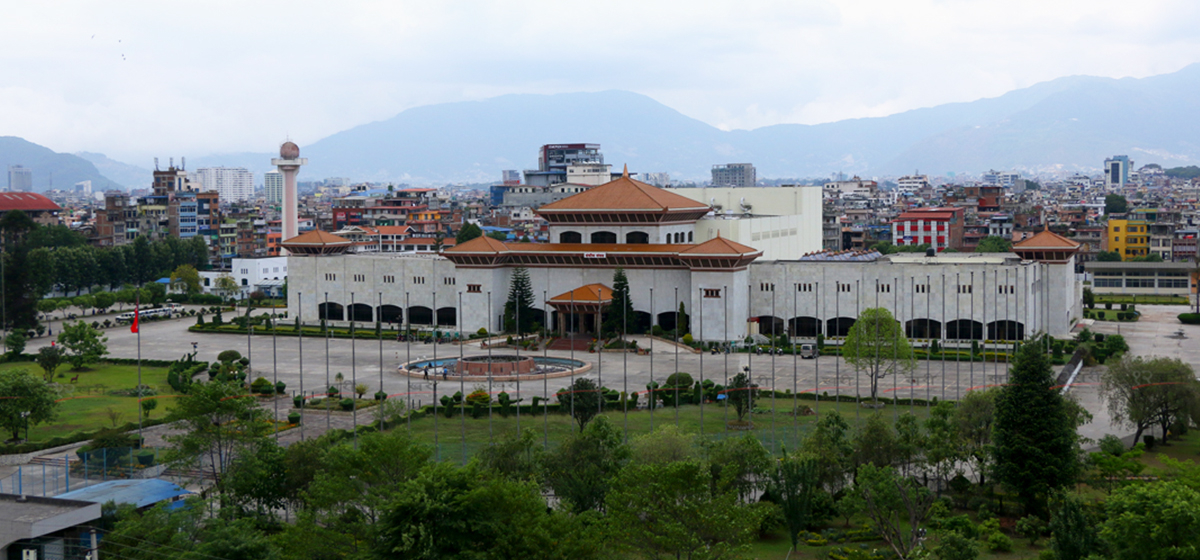


-1200x560-wm_20240503161056.jpg)
Just In
- Over two dozens bills stalled in previous parliamentary session yet to be registered for deliberation
- Japanese Foreign Minister Yoko Kamikawa to visit Nepal on Sunday
- Cabinet transfers six secretaries
- KMC’s 35-day ultimatum to RB Complex and People's Plaza to settle outstanding taxes
- Govt reduces fiscal equalization grant by Rs 317.4 million in Makwanpur
- Govt approves proposal to feature new Nepal map that includes Kalapani, Lipulekh and Limpiyadhura on 100 rupee note
- Madhesh: LSP’s provincial assembly member Abhiram Sharma suspended
- Flight operations again halted at PRIA on Friday



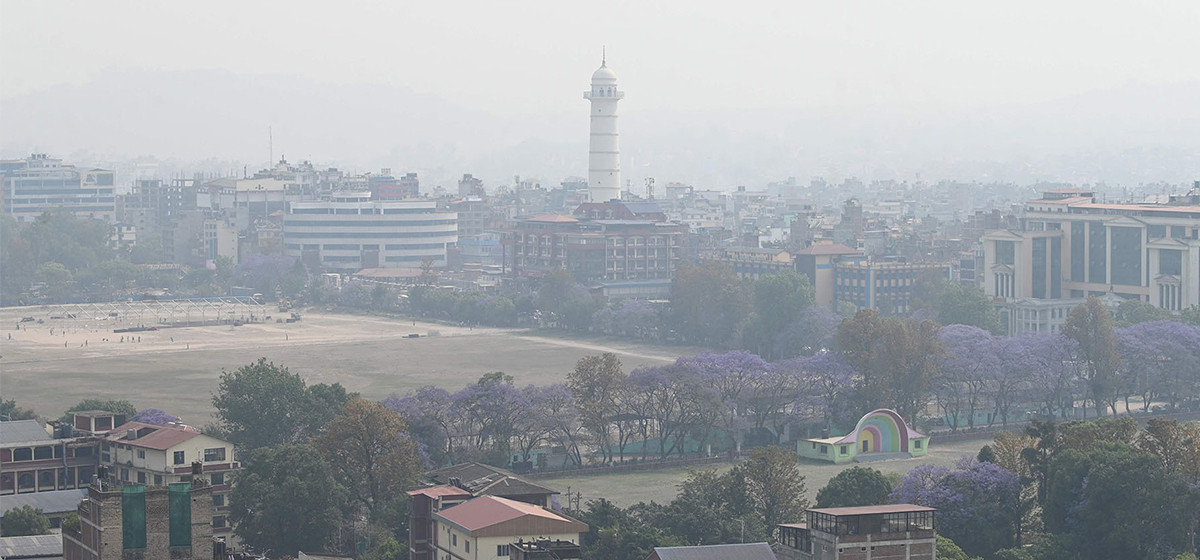





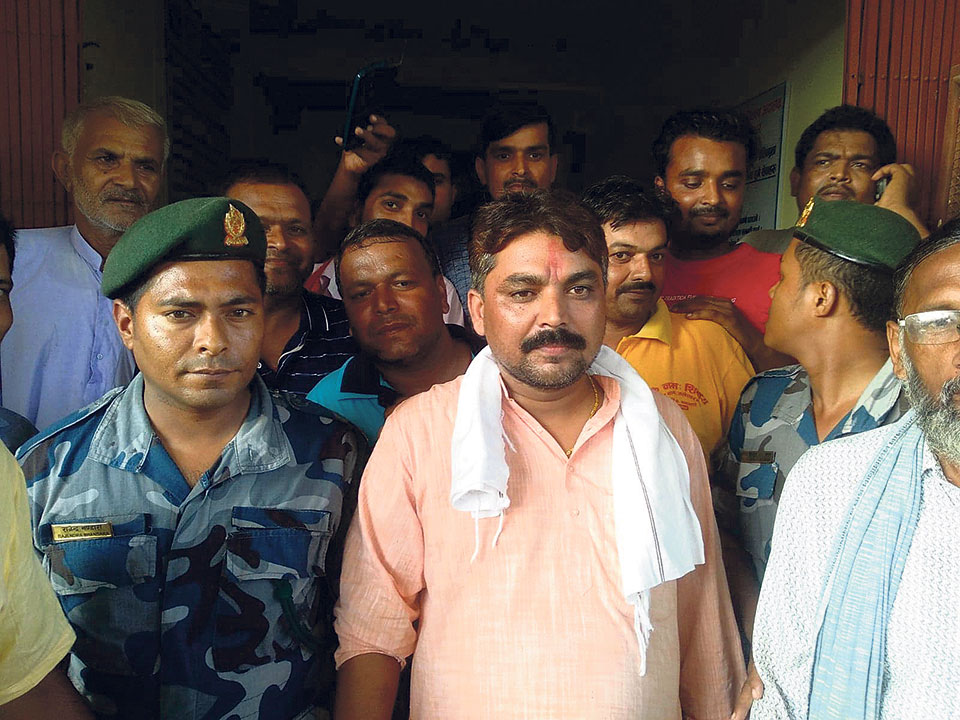
Leave A Comment